Interest in the potential therapeutic effects of cannabis and autism has grown in recent years. While some preliminary studies suggest that certain compounds in cannabis, like cannabidiol (CBD), may help alleviate specific symptoms associated with Autism Spectrum Disorder (ASD), the scientific community emphasizes caution. It’s crucial to understand that research is ongoing, and individuals should consult healthcare professionals before considering cannabis-based treatments for autism.
According to the Centers for Disease Control and Prevention (CDC), Autism Spectrum Disorder (ASD) is “a developmental disability caused by differences in the brain. People with ASD often have problems with social communication and interaction, and restricted or repetitive behaviors or interests. They may also have different ways of learning, moving, or paying attention.”
The symptoms and severity of autism vary widely from person to person, ranging from mild challenges to significant impairments. Common characteristics of ASD include:
There is no known cure for autism. Treatments typically focus on managing symptoms and improving quality of life through therapies such as behavioral interventions, speech therapy, occupational therapy, and sometimes medications for associated conditions like anxiety or irritability.
It is essential to consult a licensed healthcare provider for an accurate diagnosis and personalized treatment plan for ASD.
In recent years, several studies have investigated the potential effects of cannabis and autism, focusing particularly on cannabidiol (CBD), a non-psychoactive compound found in cannabis. While preliminary findings suggest possible benefits, it’s crucial to approach this area with caution and consult healthcare professionals before considering any cannabis-based treatments for Autism Spectrum Disorder (ASD).
A 2024 systematic review analyzed four studies involving 353 participants with ASD. The review found that CBD-rich cannabis extracts might improve behavioral symptoms, social responsiveness, and communication. However, the studies varied in design, dosage, and treatment duration, highlighting the need for standardized assessment tools and further research to understand the pharmacological interactions and optimize treatment protocols.
Another randomized, double-blind, placebo-controlled clinical trial published in 2022 evaluated the efficacy of CBD-rich cannabis extract in 60 children aged 5 to 11 years. The study reported significant improvements in social interaction, anxiety, psychomotor agitation, and concentration in the treatment group compared to the placebo group. Adverse effects were mild and included dizziness, insomnia, colic, and weight gain in a small number of participants.
Furthermore, a 2022 open-label study involving 110 children and adolescents with ASD found that six months of treatment with CBD-rich cannabis led to significant improvements in social communication abilities and adaptive behaviors. The study emphasized the need for additional double-blind, placebo-controlled studies utilizing standardized assessments to substantiate these findings.
It’s important to note that while these studies offer promising insights, they also underscore the necessity for larger, well-controlled trials to establish comprehensive safety and efficacy profiles. Individuals considering CBD-rich cannabis treatments for ASD should do so under the guidance of qualified healthcare professionals.

While some studies suggest potential benefits of cannabis and autism therapies, it is equally important to recognize the possible risks and side effects associated with cannabis use—especially in children and adolescents, whose brains are still developing.
Reported side effects from clinical trials involving CBD-rich cannabis treatments include:
It’s important to note that these side effects were generally described as mild to moderate and often subsided over time. However, the long-term safety of cannabis-based therapies for individuals with ASD remains under-researched.
Additionally, THC—the psychoactive component of cannabis—may pose greater risks compared to CBD, particularly for younger patients. High levels of THC could potentially exacerbate anxiety, mood disorders, or cognitive difficulties.
Warning: Cannabis products are not a replacement for evidence-based autism therapies, and self-medicating without medical supervision could lead to unintended complications. Any consideration of cannabis-based treatments should be discussed thoroughly with a qualified healthcare provider familiar with ASD.
If you are considering exploring the potential relationship between cannabis and autism for yourself or a loved one, it is essential to involve a qualified healthcare provider early in the decision-making process.
Here are some tips for discussing cannabis-based options with a medical professional:
Remember, every individual with autism is unique. What works for one person may not work for another. A personalized, medically supervised approach is critical to ensuring safety and effectiveness.
The relationship between cannabis and autism is an evolving area of research filled with both hope and caution. While some early studies suggest that CBD-rich cannabis products may offer potential benefits for managing certain symptoms of Autism Spectrum Disorder (ASD), the evidence remains preliminary and limited.
It is crucial to recognize that cannabis is not a cure for autism, and its use should never replace evidence-based therapies without careful medical supervision. Families and individuals interested in cannabis-based treatments should consult experienced healthcare providers, thoroughly discuss potential risks and benefits, and approach any new therapy with a clear understanding of the limitations of current research.
As more rigorous clinical trials are conducted in the coming years, we will gain a better understanding of how cannabis might fit into broader treatment strategies for ASD. Until then, informed, cautious decision-making remains the best approach.
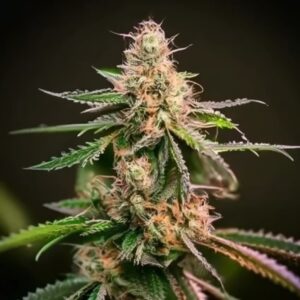


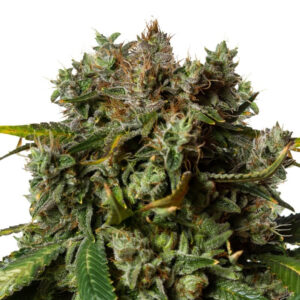

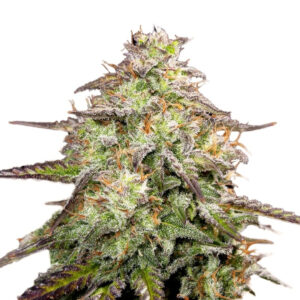
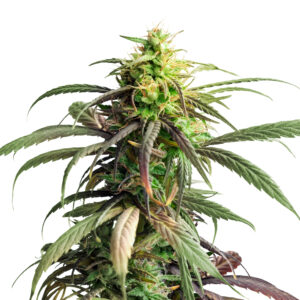






Related Posts
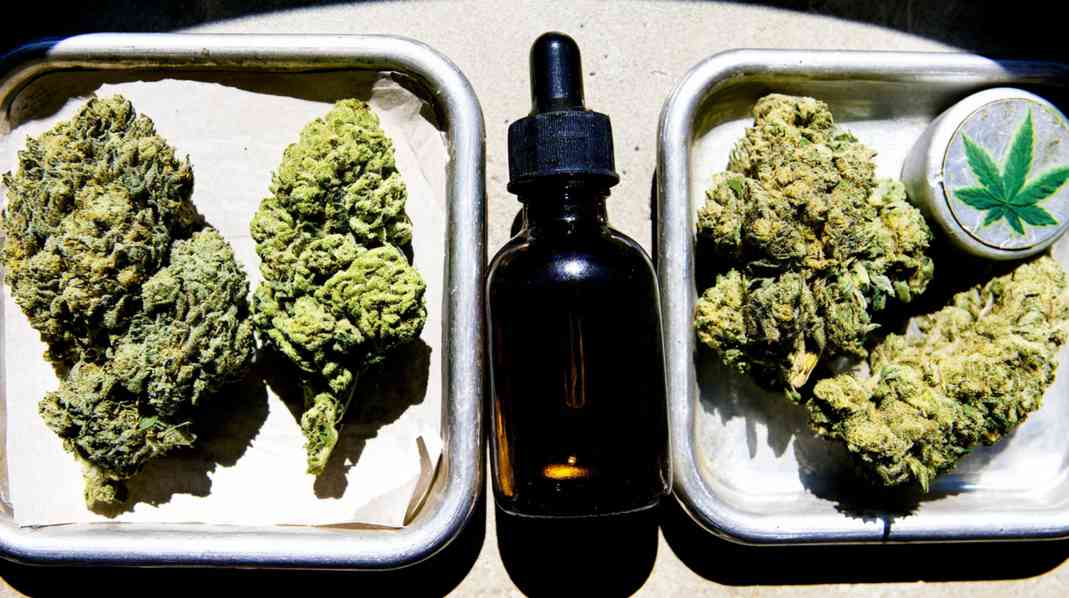
Why decarboxylation is often the missing link If you have ever made edibles that did nothing, or hit way harder
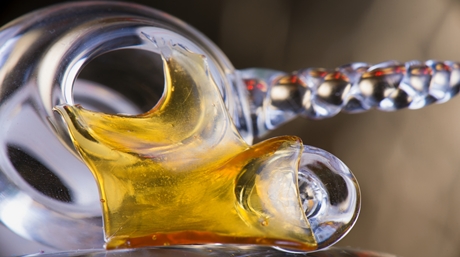
Dabbing is relatively new, but more and more smokers are making the switch. It is a way to use cannabis that has many forms and products, with which you can vary. Dabbing can seem a bit intimidating in the beginning, but if you look into it a little bit, you will see that it is a very nice and safe way to consume cannabis.
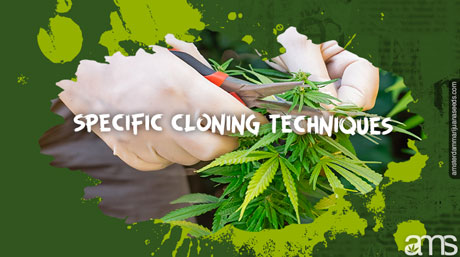
Unlocking the Magic of Cloning: Your Definitive Guide to Cannabis Propagation through Stem Cuttings and Rooting HormonesThis article refers to following topics: cannabis cloning tips, marijuana cloning light, cannabis cloning a flowering plant, best pH for cloning marijuana, cannabis stem cuttings, rooting hormones for marijuana clones, types of cannabis rooting hormones.
In this article you will find answers to following…